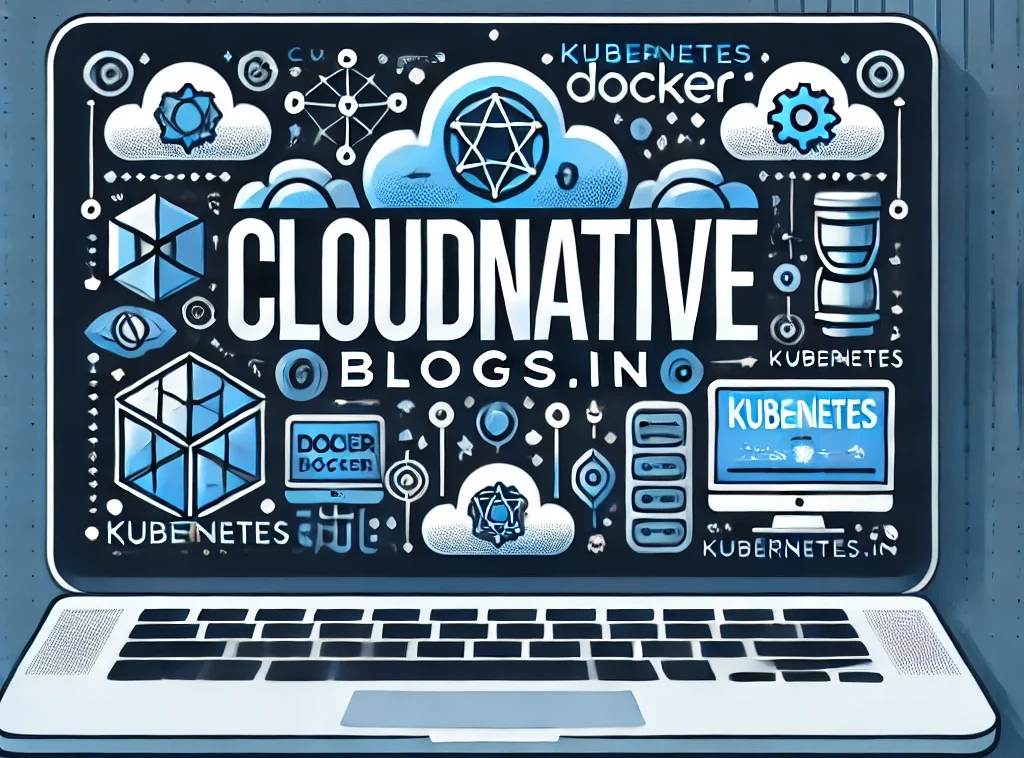Databases are crucial for efficient data management, offering functionalities for storage, retrieval, analysis, and security. Explore the major uses of database software across industries.
Advantages of Using a Relational Database Management System (RDBMS) Over Hierarchical and Network Models
Explore the key advantages of using a Relational Database Management System (RDBMS) over hierarchical and network models, including flexibility, scalability, SQL querying, data integrity, and better security.
SQL vs. NoSQL: Key Differences, Use Cases, and Choosing the Right Database for Your Project
Discover the critical differences between SQL and NoSQL databases, including data models, scalability, and use cases, to make informed decisions for your projects.
Mastering Built-in Functions in Oracle SQL
Discover the essential built-in functions in Oracle for numerical, string, and date manipulations, and learn how to apply them through practical examples to enhance your database management efficiency and effectiveness.
100 SQL Commands for Mastering SQL
100 SQL Commands for Mastering SQL
Protecting Against SQL Injection: An Overview of Platform Measures
This article explores the measures implemented by various platforms to protect against SQL injection and evaluates their effectiveness in preventing such attacks.
This article explores the differences between SQL and NoSQL databases, their respective strengths, and how they can be effectively used together in projects to optimize performance, scalability, and data management.
Beginner’s Guide to T-SQL
What is T-SQL? Transact-SQL (T-SQL) is an extension of SQL (Structured Query Language) used in Microsoft SQL Server and Sybase ASE. It includes procedural programming, local variables, and various support functions for string processing, date processing, mathematics, etc. Basic Syntax Here are some essential elements of T-SQL syntax: SELECT Statement Used to query data from […]
A Comprehensive Comparative Analysis of Relational and Non-Relational Databases: Unraveling the Key Differences and Use Cases
This comprehensive article provides a detailed exploration of the comparative analysis between relational and non-relational databases, addressing key differences, use cases, and considerations for decision-making.
